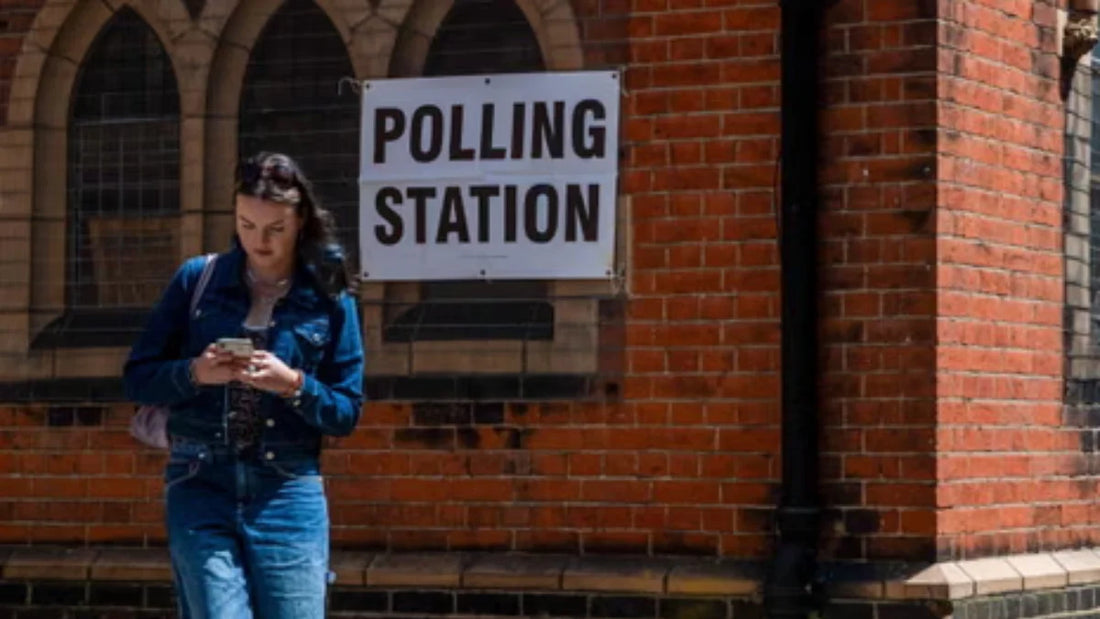UK Lowers Voting Age to 16: A Generational Shift
Dr. Lena PetrovaThe UK government lowers the voting age to 16, aiming to boost youth participation and modernize democracy.

The UK government has announced a landmark decision to lower the voting age to 16, marking a significant change in the country's democratic landscape. This move aims to increase participation among young people and modernize the electoral system.
The reform aligns the UK with Scotland and Wales, where 16 and 17-year-olds already have the right to vote in local and regional elections. This decision is expected to have a profound impact on future elections and political engagement.
The Labour Party, which secured a landslide victory in the 2024 general election, had pledged to lower the voting age as part of its manifesto. The government believes this change will restore public trust in democracy and boost engagement among younger citizens.
Alongside this, measures are being introduced to tighten campaign finance rules and protect against foreign interference, reinforcing the integrity of the electoral process.
Highlights
- The UK government will lower the voting age to 16 before the next general election.
- This reform aims to increase democratic participation and modernize the electoral system.
- The changes also include stricter rules against foreign interference and expanded voter ID options.
Read More: Xbox to be like Office: Everywhere, says Nadella
Top 5 Key Insights
• Increased Youth Participation: Lowering the voting age is expected to significantly increase participation among 16 and 17-year-olds. Research suggests that young people who are given the right to vote at 16 are more likely to participate than those who first become eligible at 18. This could lead to a more engaged and representative electorate.
• Alignment with Scotland and Wales: This reform brings the UK in line with Scotland and Wales, where 16 and 17-year-olds can already vote in local elections. This consistency across the UK ensures that young people have a voice in the decisions that affect their communities and futures, regardless of where they live.
• Modernizing Democracy: The decision to lower the voting age is part of a broader effort to modernize the UK's democratic system. Other changes include expanding voter ID to include bank cards and implementing stricter rules against foreign political interference. These measures aim to make the electoral process more accessible and secure.
• Impact on Election Outcomes: Research from countries that have lowered the voting age to 16 shows that it has had no significant impact on election outcomes. However, it does lead to higher voter turnout among young people, which can influence policy debates and priorities. This means politicians may need to pay more attention to the issues that matter to young voters.
• Addressing Declining Trust: Public trust in democracy has been declining, and this reform is seen as a way to restore faith in the system. By giving young people the right to vote, the government hopes to show that it values their voices and is committed to creating a more inclusive and representative democracy. This could lead to greater civic engagement and a stronger sense of ownership in the political process.
Read More: Jessica Alba's Net Worth: Acting, Business & Real Estate
Expert Insights
Rushanara Ali, Minister for Democracy: "We are modernising our democracy, so that it is fit for the 21st century. By delivering our manifesto commitment to extend the vote to 16 and 17 year olds, we are taking a generational step forward in restoring public trust and boosting engagement in UK democracy, supporting our Plan for Change."
Read More: AI Search Engines Favor Less Popular Sources: Study
Wrap Up
The decision to lower the voting age in the UK represents a bold step towards a more inclusive and representative democracy. By empowering young people to participate in the electoral process, the government aims to foster greater civic engagement and restore trust in political institutions.
This reform reflects a commitment to progress and ensuring that the voices of all citizens, regardless of age, are heard and valued.
Read More: Trump's $80B Nuclear Reactor Plan Fuels AI Ambitions
Author
Dr. Lena Petrova - A political scientist and geopolitical analyst based in Berlin, specializing in international relations and governance. Her contributions to Enlightnr offer deep insights into how political dynamics shape the world.More to Explore
- Choosing a selection results in a full page refresh.
- Opens in a new window.




